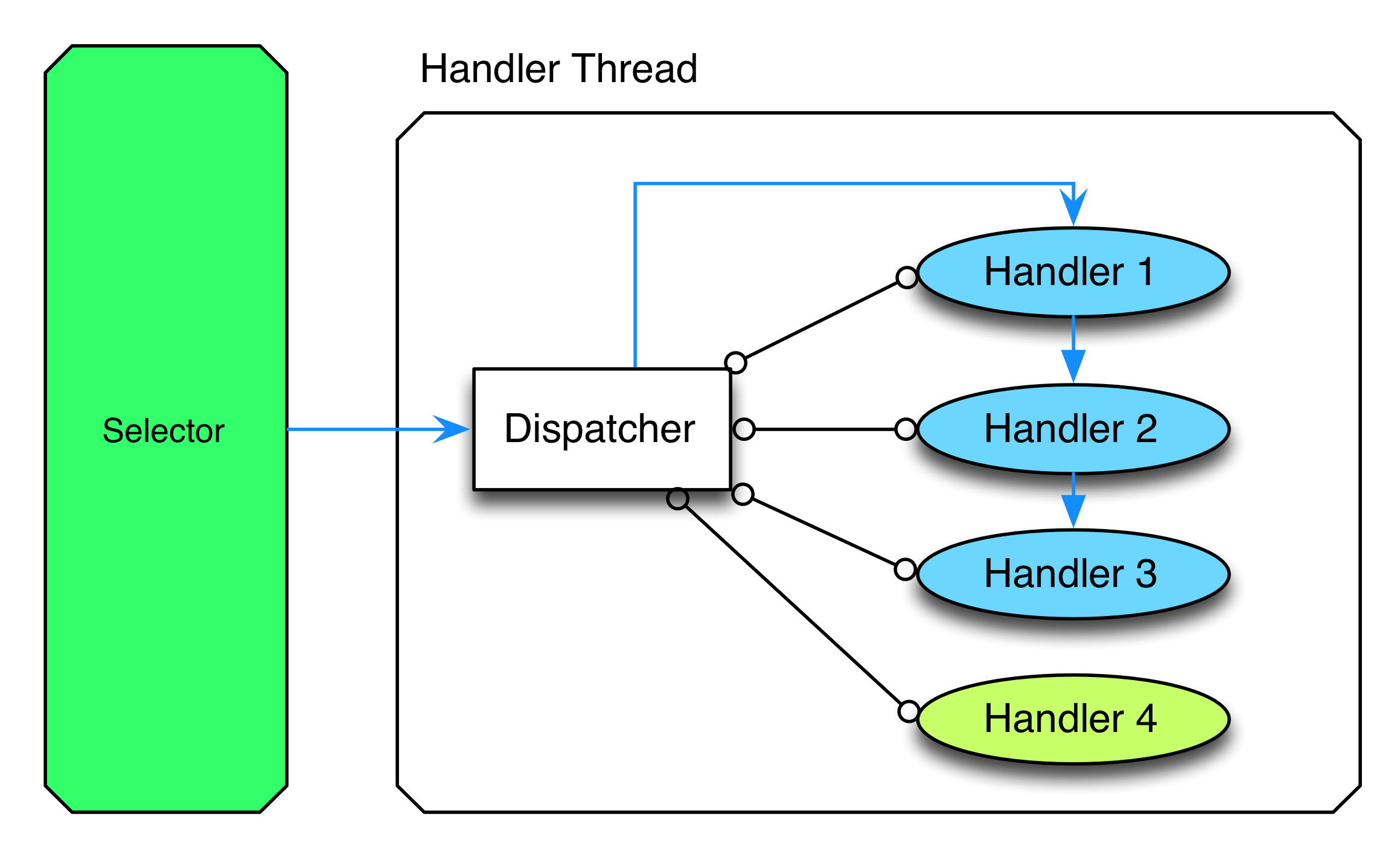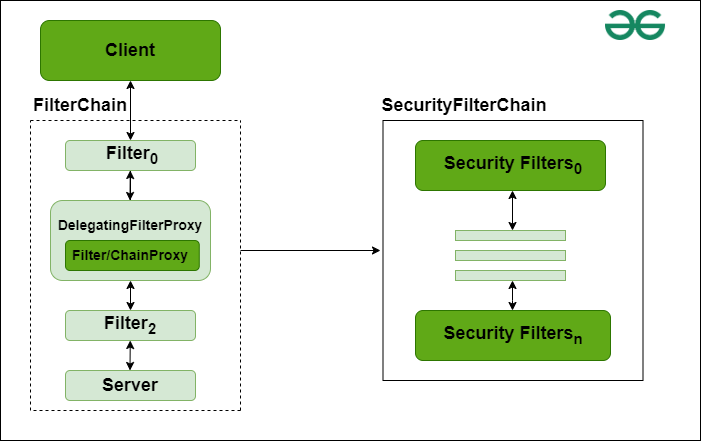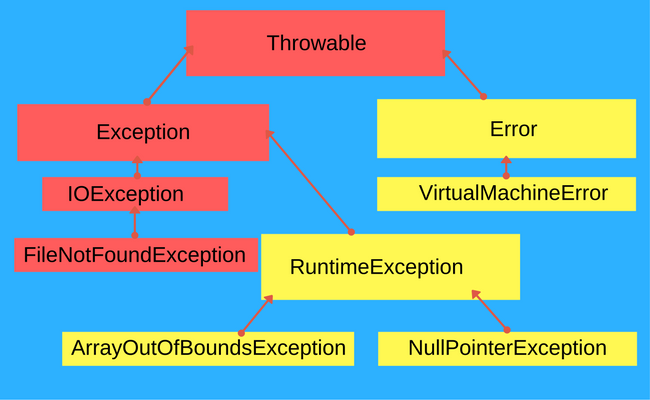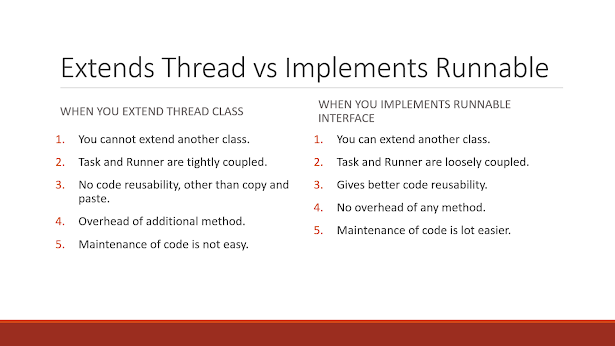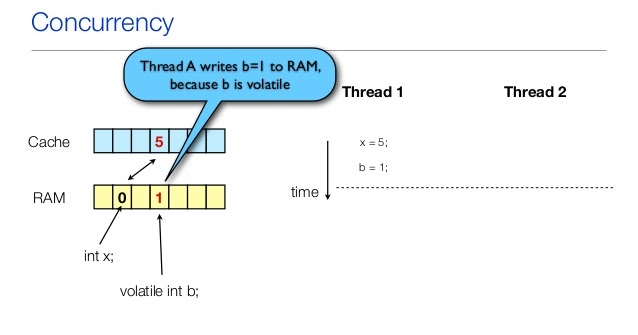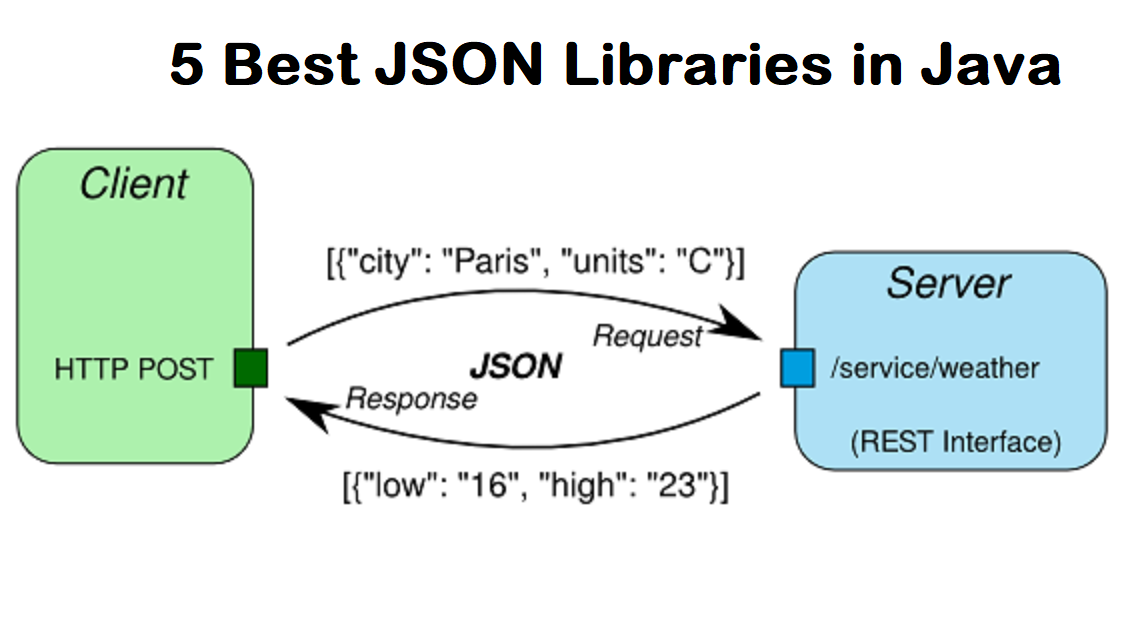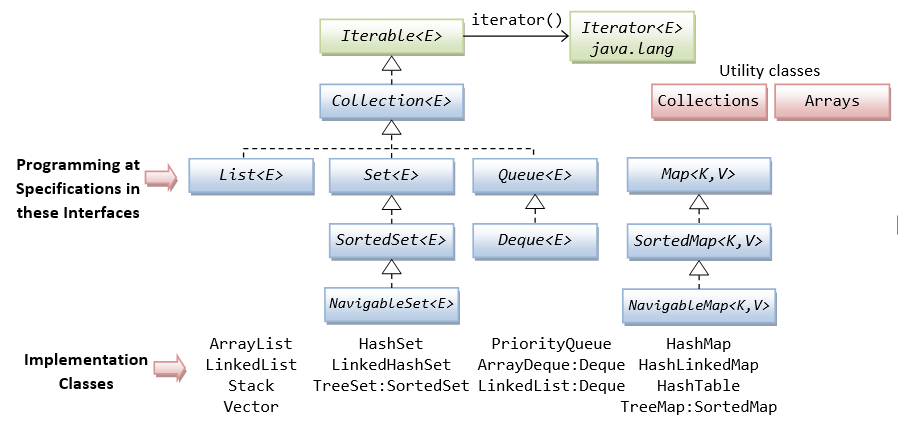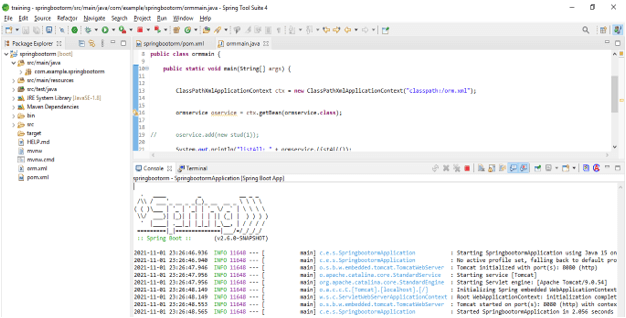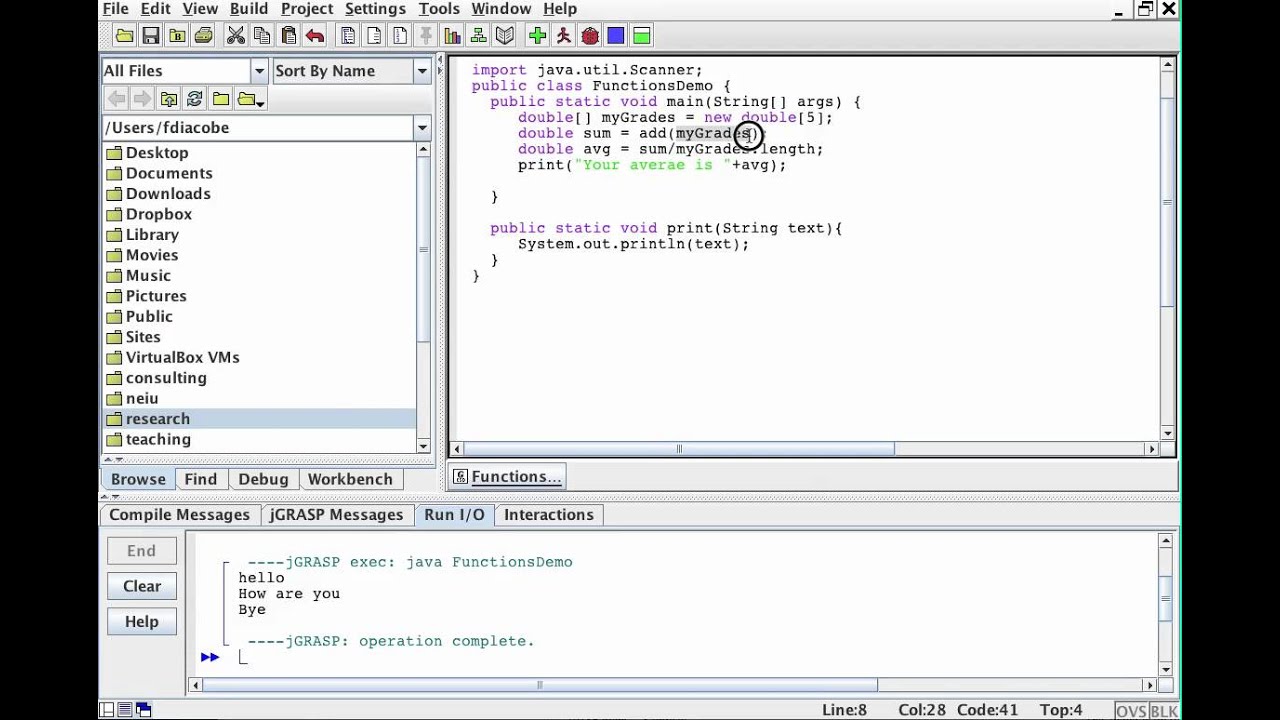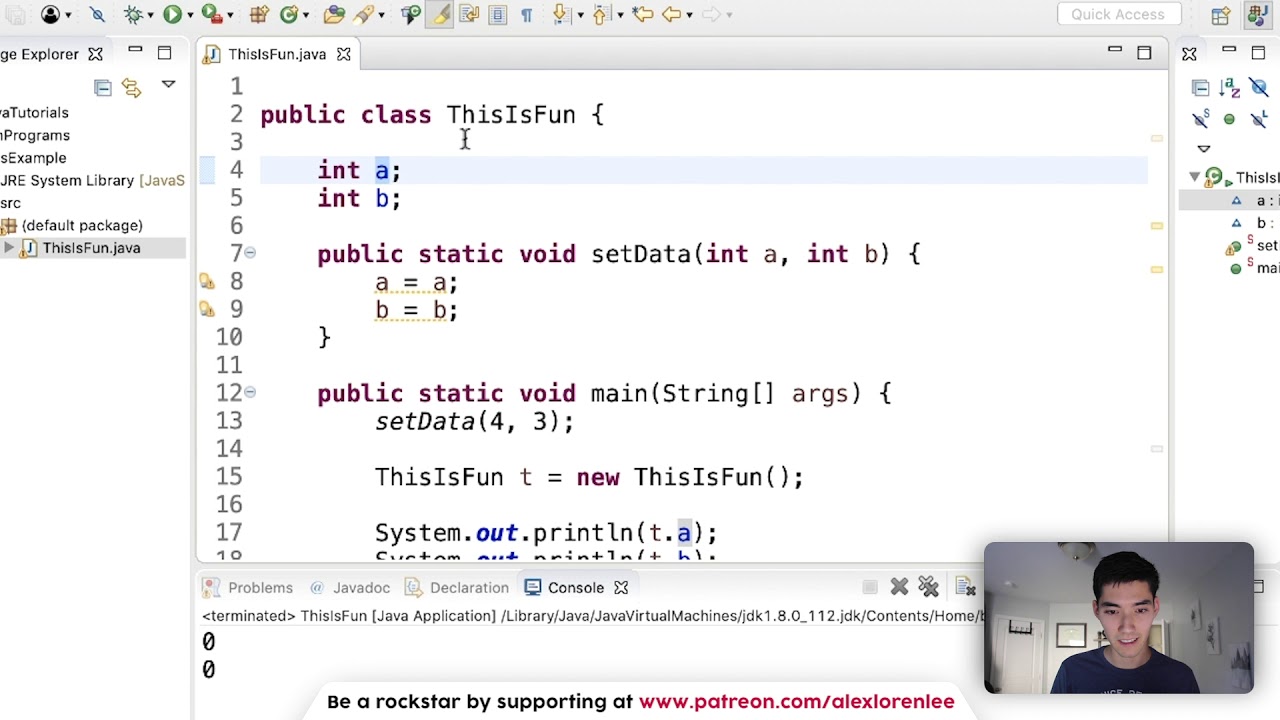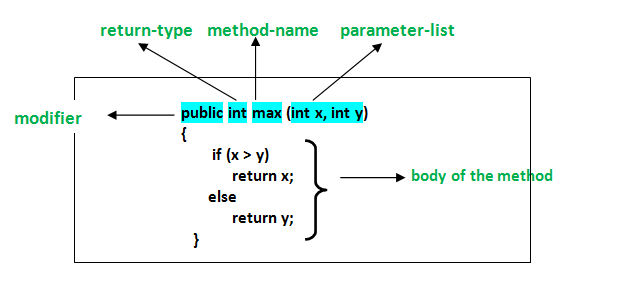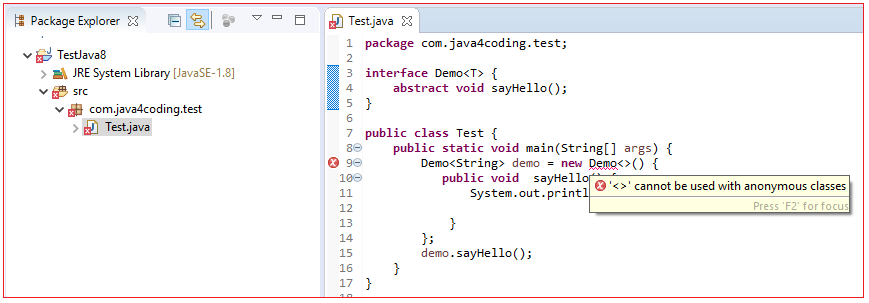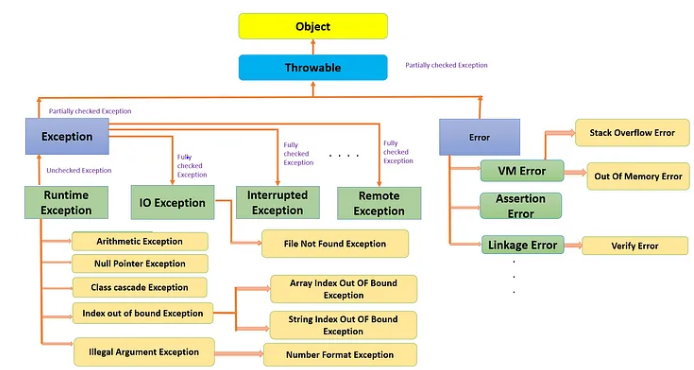What is thread safety in Java?
What is thread safety in Java?
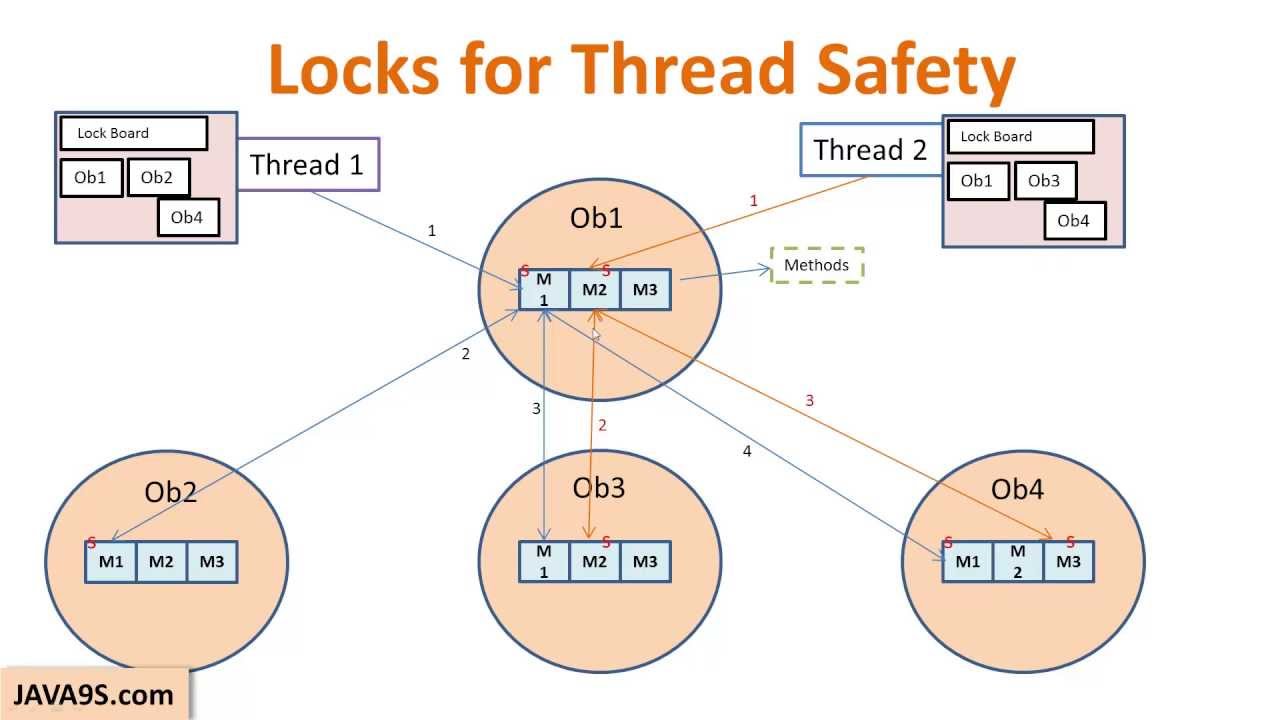
Thread Safety in Java refers to the ability of a program to execute multiple threads concurrently without violating any expected behavior or causing unexpected results. In other words, it ensures that multiple threads can access and modify shared resources (like variables, objects, or data structures) without inducing race conditions, deadlocks, livelocks, or other concurrency-related issues.

Thread safety is crucial when dealing with multi-threaded programming in Java, as it allows developers to write reliable, efficient, and scalable code. Here's a breakdown of the importance of thread safety:
Correctness: Thread safety ensures that the program behaves correctly even when multiple threads are executing simultaneously. It prevents unexpected errors or misbehaviors due to concurrent access. Reliability: By guaranteeing thread safety, you can be confident that your program will operate as expected, without unpredictable behavior. Efficiency: Well-designed thread-safe code can lead to improved performance and scalability, as threads can execute concurrently without interfering with each other.Java provides several mechanisms to ensure thread safety:
Synchronization primitives: Java offers various synchronization primitives, such as:synchronized keyword: allows only one thread to access a particular block of code or an entire method. Lock and ReentrantLock classes: provide fine-grained control over locking and unlocking. Atomic variables and operations: enable atomic updates and operations on shared variables. Immutable objects: Using immutable objects can help eliminate concurrency-related issues, as the object's state cannot be changed once created. Thread-local storage: The ThreadLocal class allows you to store thread-specific data, effectively isolating it from other threads.
When designing thread-safe code in Java, keep the following best practices in mind:
Use synchronization primitives judiciously: Synchronize only the parts of your code that require concurrency control. Avoid sharing mutable state: Refrain from sharing mutable state between threads; instead, use immutable objects or thread-local storage. Test for concurrency: Perform thorough testing to ensure your code behaves correctly under concurrent execution.In conclusion, thread safety is a critical aspect of Java programming, enabling reliable and efficient execution of multi-threaded applications. By understanding the importance of thread safety and employing appropriate synchronization primitives and design principles, you can develop robust and scalable software in Java.
What is thread-safety in Java?
I'd be happy to explain thread-safety in Java in English.
Thread-safety refers to the ability of a program to correctly handle multiple threads or flows of execution that may access shared resources such as data structures, files, networks, etc. In other words, it ensures that when multiple threads are running concurrently and they need to share common resources or modify some shared state, they do so in a way that doesn't corrupt the integrity of the program.
In Java, thread-safety is crucial because Java programs can run multiple threads simultaneously using APIs like java.lang.Thread or Executor. Each thread executes its own set of instructions independently from other threads, and if not designed correctly, this concurrent access can lead to issues such as data corruption, deadlocks, livelocks, and more.
To achieve thread-safety in Java, you have several strategies at your disposal:
Immutable objects: Create immutable objects that cannot be changed once created. This eliminates the need for synchronization. Synchronized blocks or methods: Usesynchronized keyword to ensure that only one thread can execute a block of code at a time. This is achieved using locks (monitors) that each thread must acquire before executing the critical section of code. Thread-safe data structures: Design and use thread-safe data structures like AtomicInteger, CopyOnWriteArrayList, etc., which provide atomic operations or are designed to handle concurrent access. Locking mechanisms: Implement custom locking mechanisms using java.util.concurrent.Lock interface, such as ReentrantLock, Semaphore, etc. Thread-local variables: Use thread-local variables (TLS) to store data that is unique to each thread and can be accessed without the need for synchronization.
It's essential to note that not all threads are created equal; some might have more stringent requirements than others. For instance, you may want to ensure that certain critical sections of code remain exclusive even when multiple threads access shared resources simultaneously.
To illustrate the importance of thread-safety in Java, consider a banking system where multiple customers can withdraw or deposit funds concurrently. If not designed correctly, this concurrent access could lead to inconsistent balances or lost transactions. In such scenarios, you'd want to ensure that each transaction is processed atomically, either by using synchronized blocks or locks.
In conclusion, thread-safety is a critical aspect of Java programming, ensuring that multiple threads can safely share common resources and modify shared state without introducing bugs or inconsistencies. By employing strategies like immutable objects, synchronization, thread-safe data structures, locking mechanisms, and thread-local variables, you can write robust and reliable multithreaded programs in Java.
Hope that helps!
